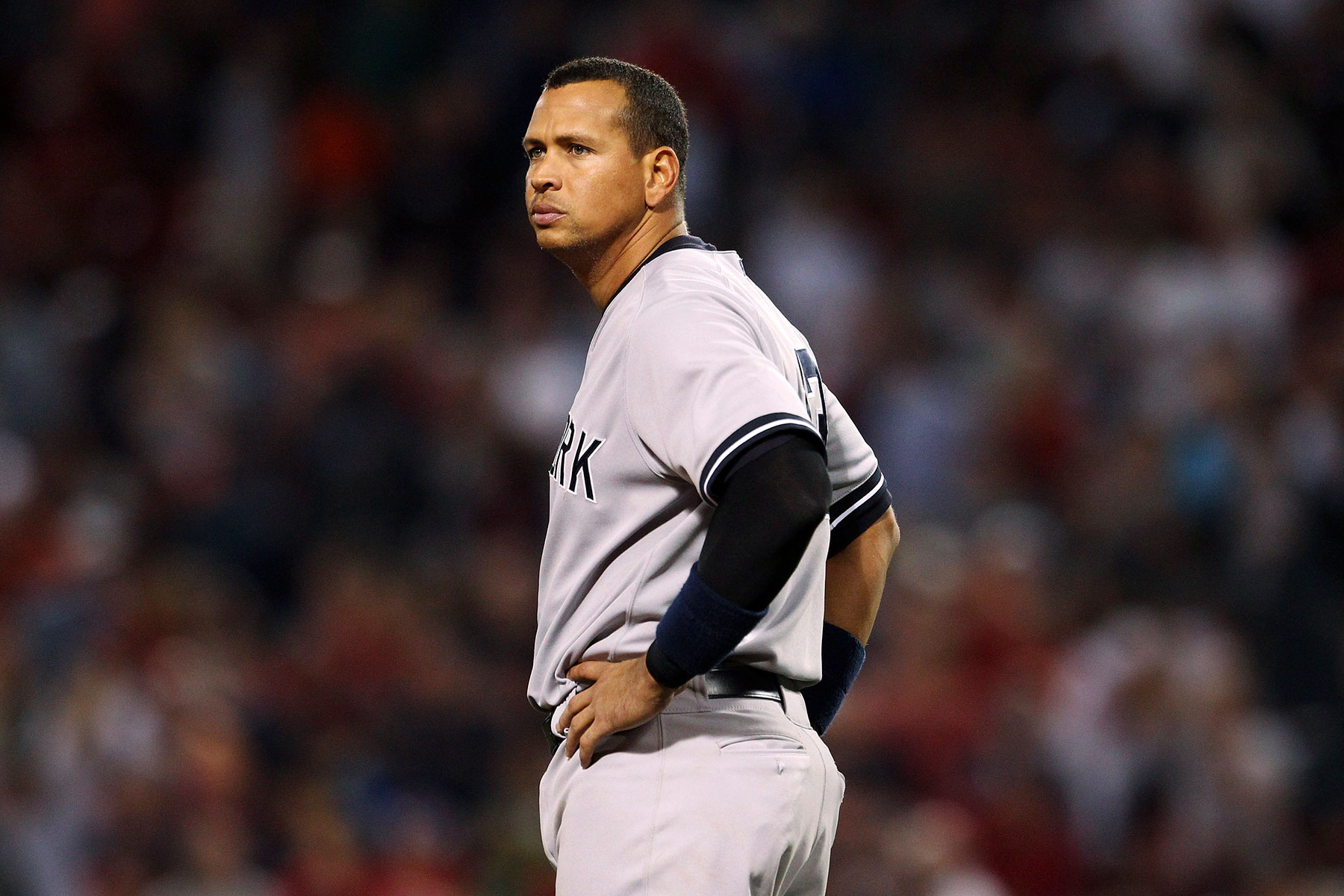
After nearly two months’ lull, the persecution of Alex Rodriguez has resumed. Major League Baseball’s arbitrator announced on Jan. 11 that he would shave only 49 games off the Yankees third baseman’s record performance-enhancing-drug suspension. The decision left Rodriguez, who maintains his innocence, with a full-season ban from competition, stripping him of its paychecks ($25 million plus bonuses) and at-bats. He will remain more than 100 home runs behind Barry Bonds’ all-time record by the time opening day 2015 rolls around–if he’s still playing by then.
Things turned even more sour for Rodriguez when the league’s star witness, Anthony Bosch, the phony doctor who claims he supplied Rodriguez with drugs, took a victory lap on 60 Minutes along with various league executives. They were gloating, understandably, after having pulled off one of the greatest hoodwinkings in modern pro sports. In the process, MLB turned Rodriguez, the preening multimillionaire jock, into an underdog worth rooting for.
One would be foolish to think that what’s really at stake in this case is Rodriguez’s drug use or any notion of fair play or truth. Rodriguez may very well have availed himself of banned substances, and they may very well have made him a better player. But in its pursuit of Rodriguez, the league paid shady characters and harassed its players simply because they’d had the gall to outwit their boss. Baseball spread damaging stories on the basis of evidence that would never fly in a courtroom. MLB cannot justify these transgressions, though it will have to now that Rodriguez is suing the commissioner’s office, the league and an incredulous players’ union in federal court.
Perhaps the only reason MLB has chased the cheaters so extensively is that the commissioner, Bud Selig, now on the cusp of retirement, remains as shameless as he was at the peak of the steroid era, when he disregarded all those mysteriously swelling sluggers. Now he has reversed his stance, convinced by his optics shop that fans want a drug-free game. It might be a worthwhile goal, but Selig has gone about it all wrong.
In his interview with 60 Minutes, Bosch, the pill peddler, said Rodriguez asked for whatever it would take to become the first member of the 800-home-run club. So he said he sold Rodriguez prohibited injections, creams and lozenges and catered to him in public bathrooms and via BlackBerry messages.
League executive Rob Manfred said MLB built its case by buying clinic documents for $125,000 from a man known only as Bobby. The league then went about verifying everything by suing Bosch into submission. Why did Selig impose such a punishment on Rodriguez and go to such lengths to convict him? Rodriguez’s actions, Selig told CBS, were “beyond comprehension.”
So were baseball’s. The league’s drug policy establishes a protocol by which players are tested and disciplined. If a player fails a test and loses his appeal, he will be suspended. But unlike four of Bosch’s other clients, Rodriguez never failed a test.
Yes, the policy makes room for “just cause” suspensions, allowing the commissioner to punish any player he knows to have taken banned substances. But how does baseball know for sure that Rodriguez took anything? From Bobby’s evidence? We now know that Bobby is a convicted criminal and that the documents he sold were stolen. We know, too, that the man tasked with authenticating them for baseball–Bosch–had not only done criminal deeds himself but had in exchange for his cooperation also taken money from the league for his security and attorneys’ fees and the league’s promise that it would put in a good word with federal prosecutors should they ever come calling.
When Rodriguez wired Bosch’s attorney nearly $50,000, MLB called it a bribe. When MLB paid for Bosch’s lawyers, it was righteous. When Rodriguez bought drug-clinic records, that constituted obstruction of an investigation. When the league went to purchase similar documents, that was the investigation. Funny that the league’s drug policy guarantees confidentiality, which in this case was not so much breached as it was entirely disregarded. That guarantee, it turns out, depends on whether MLB’s suits want to show off their toy guns and badges.
This isn’t just a story about baseball. It’s a story about the bullying of an individual (no matter how wealthy and loathsome) by an institution bent on expanding its power. Maybe baseball’s still the national pastime after all.
More Must-Reads From TIME
- The 100 Most Influential People of 2024
- The Revolution of Yulia Navalnaya
- 6 Compliments That Land Every Time
- What's the Deal With the Bitcoin Halving?
- If You're Dating Right Now , You're Brave: Column
- The AI That Could Heal a Divided Internet
- Fallout Is a Brilliant Model for the Future of Video Game Adaptations
- Want Weekly Recs on What to Watch, Read, and More? Sign Up for Worth Your Time
Write to Jack Dickey at jack.dickey@time.com